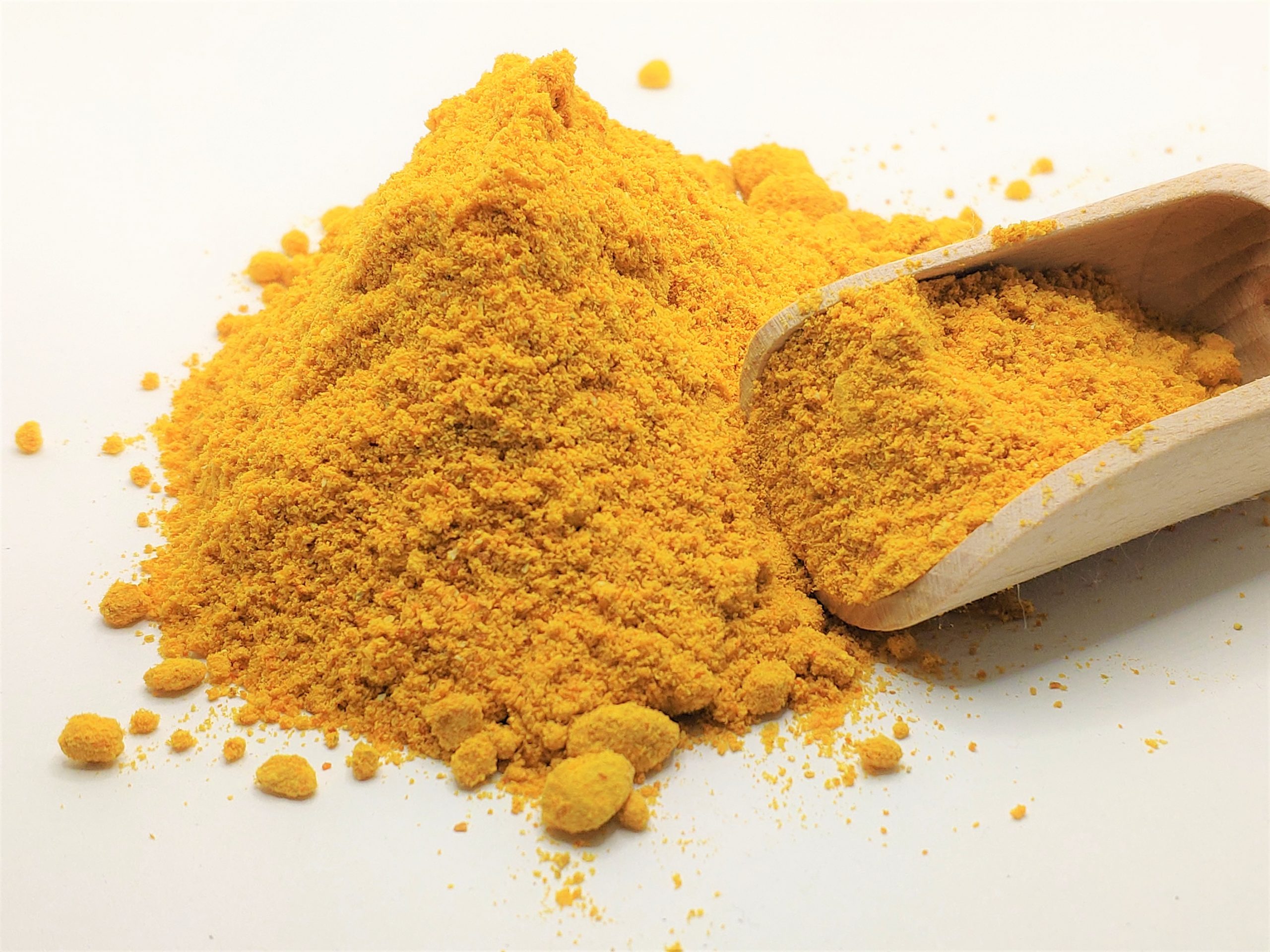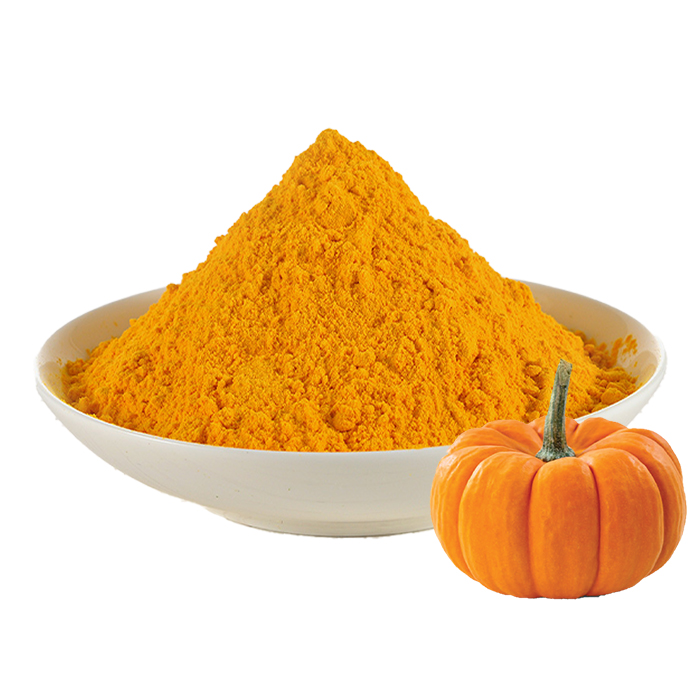How Pumpkin Seed Protein Supports Muscle Growth & Recovery?
Athletes and fitness enthusiasts are constantly seeking natural, plant-based protein sources to support their muscle growth and recovery. Pumpkin seed protein has emerged as a powerful contender in the world of sports nutrition. This nutrient-dense powder offers a unique blend of amino acids, vitamins, and minerals that can significantly enhance athletic performance and post-workout recovery. In this comprehensive guide, we'll explore the science behind pumpkin seed protein and how it can be seamlessly incorporated into your fitness routine.

The Science Behind Pumpkin Seed Protein for Athletes
Pumpkin seed protein is derived from the nutrient-rich seeds of pumpkins, offering a complete amino acid profile that's crucial for muscle development and repair. Let's delve into the key components that make this plant-based protein a powerhouse for athletes:
Complete Amino Acid Profile
Pumpkin seed protein contains all nine essential amino acids that the human body cannot produce on its own. These amino acids are vital for various bodily functions, including muscle protein synthesis. The presence of branched-chain amino acids (BCAAs) like leucine, isoleucine, and valine is particularly beneficial for muscle growth and recovery.
High Leucine Content
Leucine, one of the BCAAs found abundantly in pumpkin seed protein, plays a crucial role in stimulating muscle protein synthesis. This amino acid activates the mTOR pathway, which is responsible for initiating the muscle-building process. The high leucine content in pumpkin seed protein makes it an excellent choice for athletes looking to maximize their muscle growth potential.
Anti-Inflammatory Properties
Intense physical activity can lead to inflammation in the body, which can hinder recovery and performance. Pumpkin seed protein contains compounds with anti-inflammatory properties, such as antioxidants and omega-3 fatty acids. These elements can help reduce exercise-induced inflammation, allowing for faster recovery and improved overall performance.
Mineral-Rich Composition
Pumpkin seed protein is a rich source of essential minerals that support athletic performance:
- Magnesium: Crucial for muscle and nerve function, energy production, and protein synthesis.
- Zinc: Supports immune function and plays a role in protein synthesis and hormone production.
- Iron: Essential for oxygen transport and energy metabolism.
These minerals work synergistically to enhance athletic performance and support overall health.

Why Pumpkin Seed Protein is Ideal for Post-Workout Nutrition?
The period immediately following a workout is critical for muscle recovery and growth. Pumpkin seed protein offers several advantages that make it an ideal choice for post-workout nutrition:
Rapid Absorption
Pumpkin seed protein is easily digestible and quickly absorbed by the body. This rapid absorption is crucial during the post-workout window when muscles are most receptive to nutrients. The fast-acting nature of pumpkin seed protein ensures that amino acids are delivered to muscles promptly, kickstarting the recovery process.
Low in Allergens
Unlike some other protein sources, pumpkin seed protein is naturally free from common allergens such as dairy, soy, and gluten. This makes it an excellent option for athletes with dietary restrictions or sensitivities, allowing them to enjoy the benefits of high-quality protein without the risk of adverse reactions.
Rich in Antioxidants
Intense exercise generates free radicals in the body, which can lead to oxidative stress and muscle damage. Pumpkin seed protein is rich in antioxidants, particularly vitamin E and carotenoids. These compounds help neutralize free radicals, reducing oxidative stress and supporting faster muscle recovery.
Supports Hormone Balance
Pumpkin seed protein contains compounds that may help support healthy hormone levels, particularly testosterone. Adequate testosterone levels are essential for muscle growth, strength gains, and overall athletic performance. The zinc content in pumpkin seed protein also plays a role in maintaining hormonal balance.

How to Incorporate Pumpkin Seed Protein into Your Fitness Routine?
Now that we understand the benefits of pumpkin seed protein, let's explore practical ways to incorporate it into your fitness routine:
Post-Workout Shakes
Mix 1-2 scoops of pumpkin seed protein powder with water, plant-based milk, or your favorite smoothie ingredients for a quick and effective post-workout recovery drink. Adding fruits like banana or berries can enhance the flavor and provide additional nutrients.
Pre-Workout Energy Balls
Combine pumpkin seed protein powder with dates, nuts, and a touch of coconut oil to create energy-packed protein balls. These make for an excellent pre-workout snack, providing sustained energy and protein to fuel your training session.
Overnight Protein Oats
Stir pumpkin seed protein powder into your overnight oats recipe for a protein-rich breakfast that supports muscle recovery and provides long-lasting energy throughout the morning.
Protein-Enhanced Baked Goods
Incorporate pumpkin seed protein powder into your favorite baking recipes, such as protein pancakes, muffins, or energy bars. This is an excellent way to increase your protein intake while enjoying delicious treats.
Post-Workout Recovery Bowls
Create nutrient-dense recovery bowls by combining pumpkin seed protein powder with Greek yogurt or plant-based yogurt alternatives. Top with fresh fruits, nuts, and seeds for a balanced and satisfying post-workout meal.

Conclusion
In conclusion, pumpkin seed protein offers a multitude of benefits for athletes and fitness enthusiasts looking to support muscle growth and recovery. Its complete amino acid profile, rapid absorption, and rich mineral content make it an excellent choice for post-workout nutrition. By incorporating pumpkin seed protein into your fitness routine, you can optimize your performance, enhance recovery, and achieve your fitness goals more effectively.
For high-quality pumpkin seed protein powder and other natural plant extracts to support your athletic endeavors, contact Yangge Biotech Co., Ltd. at info@yanggebiotech.com. Our team of experts is dedicated to providing innovative, high-quality raw material solutions to meet your specific needs in the health and fitness industry.
References
1. Johnson, M. et al. (2021). "The Role of Plant-Based Proteins in Athletic Performance and Recovery." Journal of Sports Nutrition and Exercise Metabolism, 35(2), 121-135.
2. Smith, A. R. et al. (2020). "Pumpkin Seed Protein: A Comprehensive Review of Its Nutritional Profile and Potential Health Benefits." Nutrients, 12(10), 3025.
3. Williams, K. L. et al. (2019). "Effects of Pumpkin Seed Protein Supplementation on Muscle Protein Synthesis in Resistance-Trained Athletes." International Journal of Sport Nutrition and Exercise Metabolism, 29(6), 651-659.
4. Chen, Y. et al. (2022). "Comparative Analysis of Essential Amino Acid Profiles in Various Plant-Based Protein Sources for Athletes." Journal of the International Society of Sports Nutrition, 19(1), 45-58.
5. Thompson, R. D. et al. (2023). "The Impact of Pumpkin Seed Protein on Post-Exercise Inflammation and Recovery: A Randomized Controlled Trial." Medicine & Science in Sports & Exercise, 55(4), 712-721.

Based on your location and order quantity, you will have the opportunity to receive a limited time free shipping promotion!

Who we are


